Are coaches relevant in international cricket anymore?
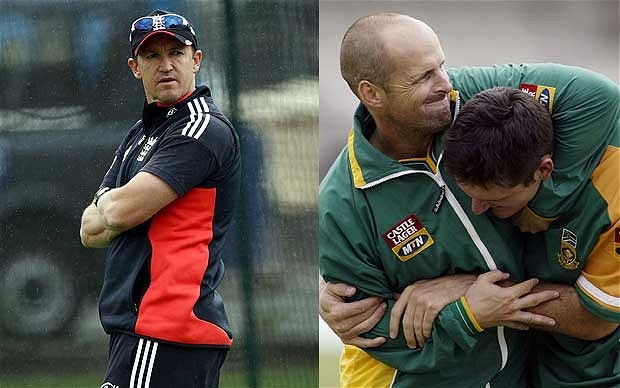
Coaches have played their own part in cricketing folklore. They have been known for their ‘behind the scenes’ work with the likes of John Buchanan and John Wright coming straight into mind, while some like Greg Chappell have undoubtedly enjoyed the spotlight. But in the modern day, there has been a question mark over the very existence of coaches and their relevance with a team’s success. For example, the great Imran Khan has always said that the captain should be the only controller of a team and there is absolutely no need of a coach. But, is there a certain assumption in his argument? He may well be assuming that in such a case, the captain should be not only a great man manager but also someone with the experience of a coach as well as more importantly should be someone who would want to handle all those jobs along with being at the top of his own game. May be an Imran Khan or MS Dhoni or Mark Taylor could qualify as such a captain but the issue is that not many captains would qualify in that category and hence a team requires someone to take that additional burden.
Moving on, there was also this concept of a ‘Manager’ in cricket for a while. India have famously won the 1983 World cup and 2007 World T20 in the presence of a manager and not having a coach at their disposal. As we know a manager, traditionally in cricket is someone who is appointed by the board to take care of the team and be accountable but that was taken to a different level when some experts suggested that the manager can be endowed with an additional responsibility of guiding the team and be a support to the captain and that would more than compensate the need for a coach. India tried that with Ravi Shastri and thereafter, Lalchand Rajput acting as a manager cum guide for the team under the shadows of the captain to good effect but we have got to ask this very important question here – Is this a permanent solution for any side? That’s where a coach comes in for me as far as building a long-term relationship with the players is concerned. Getting to know every player’s game at an individual level, having one-to-one conversations both about their technical deficiencies as well as on the mental side of cricket, forms a very important part of a young cricketer’s development. Of course he does not need to tell the senior players how to bat or bowl, but he indeed can help them with his experience at times with minor things like if there is something wrong with the wrist action off late if you are a bowler or is there a gap between bat and pad of a batsman, which can happen to the most experienced of players at any stage of their career. They can also share their experience with the team regarding the secrets of a ground or the opponent, which they might ignore otherwise. These are things which might not be in every captain’s schedule or prerogative to do, especially the ones who have a hard time managing captaincy and their own game, let along these external things. So for an all-round development of a team there needs to be a professional, preferably an ex-cricketer who would silently work in the background and help players out. May be he does not need to directly dictate the game plan to the players, because that is the captain’s job, but he can surely work in tandem with the captain and other senior players to carve out a team strategy.
However, the board should make sure that the appointed coach goes about his work silently in the background without any attention seeking maneuvers and let the captain lead the team. Gary Kirsten helping the Indian team win the 2011 World cup, with all the media hype and circus surrounding the team, being an ideal example of such a coach in modern day cricket.

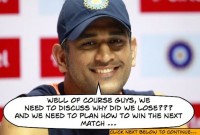
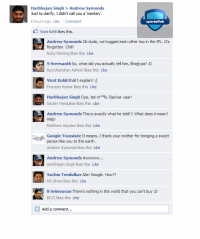
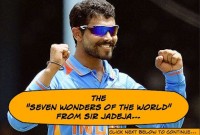
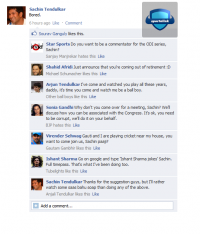
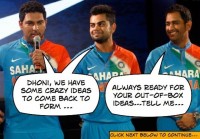
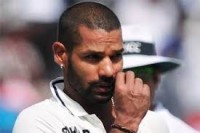

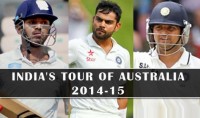

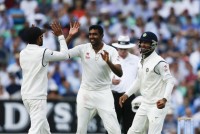

0 Comments/Replies